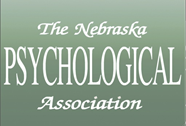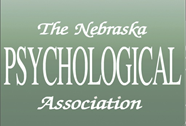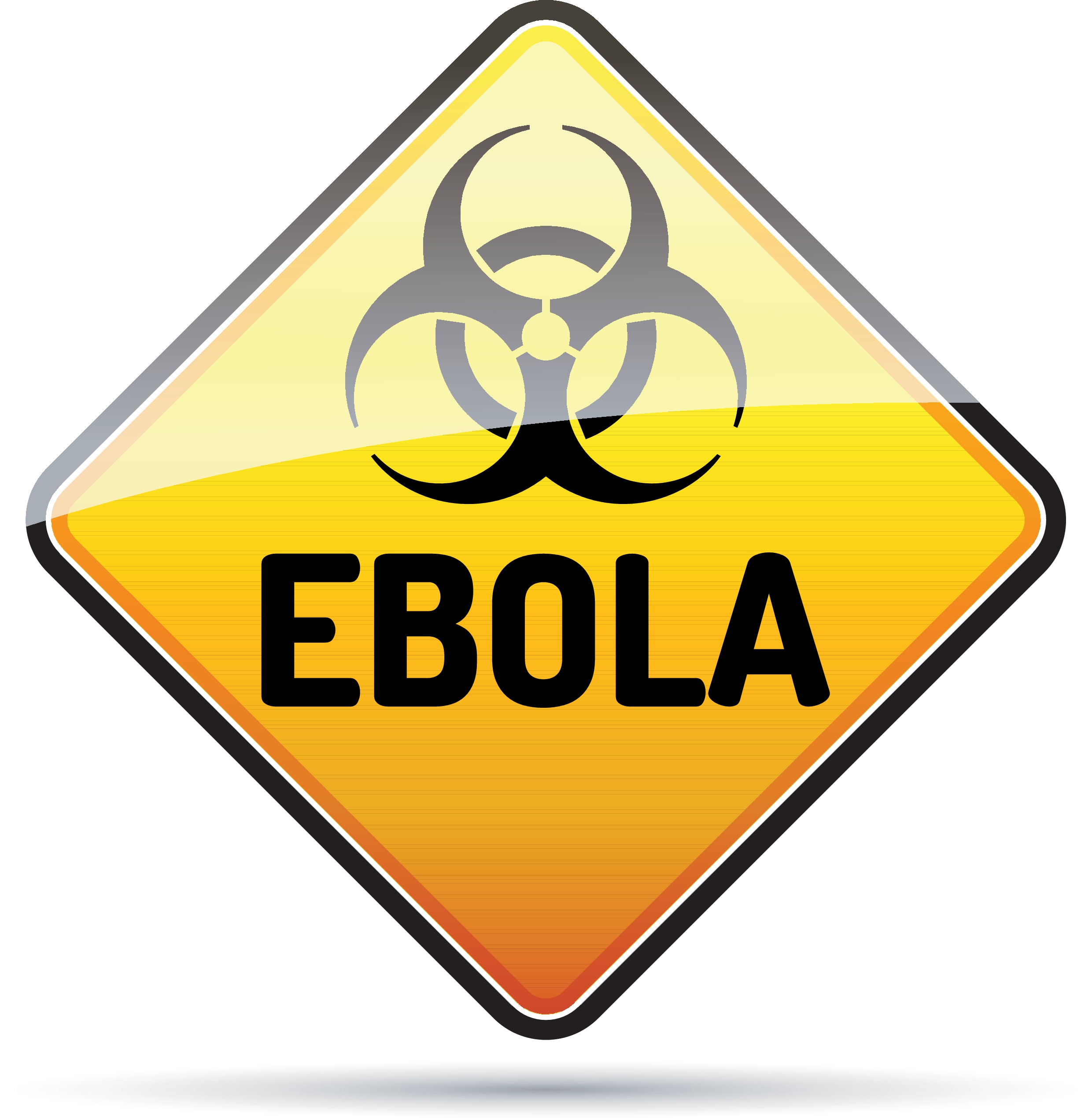(October, 2014)
With news of a confirmed death from Ebola in the United States, many Americans are concerned about the potential impact of this disease. Until now most deaths have been within Africa. The tragic death of Thomas Duncan brings the risks of this dangerous virus closer to home.
For people with friends and family in African countries impacted by Ebola outbreaks, concern and anxiety may be magnified given the nature of the disease. It can be particularly difficult to watch events that may impact your loved ones unfold from a distance, resulting in feelings of helplessness.
While news coverage has raised awareness of the risks of Ebola, some reports have obscured some of the most important facts. Most notably, the U.S. Centers for Disease Control reports that “Ebola poses no substantial risk to the U.S. general population.” Ebola is spread through direct contact with the bodily fluids of people who are sick with or have died from the disease.
For people with friends and family in African countries impacted by Ebola outbreaks, concern and anxiety may be magnified given the nature of the disease. It can be particularly difficult to watch events that may impact your loved ones unfold from a distance, resulting in feelings of helplessness.
While news coverage has raised awareness of the risks of Ebola, some reports have obscured some of the most important facts. Most notably, the U.S. Centers for Disease Control reports that “Ebola poses no substantial risk to the U.S. general population.” Ebola is spread through direct contact with the bodily fluids of people who are sick with or have died from the disease.
Worries About Ebola
Unfortunately, news about the spread of Ebola may give rise to feelings of stress, anxiety and fear of the future. Such responses are understandable, given the disease's uncertainties and the poor prognosis for many who contract it.
Although Ebola is a threat that is being taken very seriously by public health authorities worldwide, do not let your worry about this disease control your life. There are many simple and effective ways to manage your fears and anxieties. Many of them are essential ingredients for a healthy lifestyle; adopting them can help improve your overall emotional and physical well-being.
Unfortunately, news about the spread of Ebola may give rise to feelings of stress, anxiety and fear of the future. Such responses are understandable, given the disease's uncertainties and the poor prognosis for many who contract it.
Although Ebola is a threat that is being taken very seriously by public health authorities worldwide, do not let your worry about this disease control your life. There are many simple and effective ways to manage your fears and anxieties. Many of them are essential ingredients for a healthy lifestyle; adopting them can help improve your overall emotional and physical well-being.
What you can do:
• Keep things in perspective. Limit worry and agitation by lessening the time you and your family spend watching or listening to upsetting media coverage. Although you'll want to keep informed undefined especially if you have loved ones in affected countries undefined remember to take a break from watching the news and focus on the things that are positive in your life and things you have control over.
• Get the facts. Gather information that will help you accurately determine risks so that you can take reasonable precautions, if appropriate. Find a credible source you can trust such as your physician, a local or state public health agency or national and international resources such as the U.S. Centers for Disease Control and the World Health Organization.
• Stay healthy. The risk of Ebola transmission is low. A healthy lifestyle undefined including proper diet and exercise undefined is your best defense against any threat. Adopting hygienic habits such as washing your hands regularly will also minimize your exposure to all types of germs and disease sources. Eat healthy, avoid alcohol and drugs and take a walk or exercise. A healthy body can have a positive impact on your thoughts and emotions.
• Keep connected. Maintaining social networks and activities can help maintain a sense of normalcy, and provide valuable outlets for sharing feelings and relieving stress. This may also be an ideal time to become more involved with your community by receiving and sharing effective information obtained from reliable sources.
Seek additional help. Individuals who feel an overwhelming nervousness, a lingering sadness or other prolonged reaction that adversely affects their life, work or relationships should consult with a trained and experienced mental health professional. Psychologists can help people deal with extreme stress. These professionals work with individuals to help them find constructive ways to manage adversity. The SAMHSA Disaster Distress Helpline is another resource for people experiencing signs of distress related to the Ebola outbreak. This helpline provides 24/7 year round crisis counseling and support at 1-800-985-5990.
Thanks to psychologists Ester Cole, PhD and Gerard A. Jacobs, PhD who assisted with this article.
For more information on stress and mind/body health, visit www.apa.org/helpcenter and follow@APAHelpCenter on Twitter. To find out more about NPA visit www.nebpsych.org and follow us on Twitter at @NEPsychAssoc.
# # #
 The Nebraska Psychological Association is the only statewide organization dedicated solely to represent the interests of psychologists and psychology across Nebraska. NPA membership includes 40% of the licensed psychologists in Nebraska, and is an affiliate of the American Psychological Association. NPA promotes the independent practice of clinical and consulting psychology; the highest standards of ethical & effective practice; the dissemination of evidenced based practices; the application of psychological resources to address social problems; and the education of government entities, elected representatives and the public on the practice and science of psychology. NPA holds scientific and professional meetings, conducts continuing education programs, and advocates on behalf of psychology in the Nebraska Legislature. NPA’s Central Office is located in Lincoln, NE.
The Nebraska Psychological Association is the only statewide organization dedicated solely to represent the interests of psychologists and psychology across Nebraska. NPA membership includes 40% of the licensed psychologists in Nebraska, and is an affiliate of the American Psychological Association. NPA promotes the independent practice of clinical and consulting psychology; the highest standards of ethical & effective practice; the dissemination of evidenced based practices; the application of psychological resources to address social problems; and the education of government entities, elected representatives and the public on the practice and science of psychology. NPA holds scientific and professional meetings, conducts continuing education programs, and advocates on behalf of psychology in the Nebraska Legislature. NPA’s Central Office is located in Lincoln, NE.

